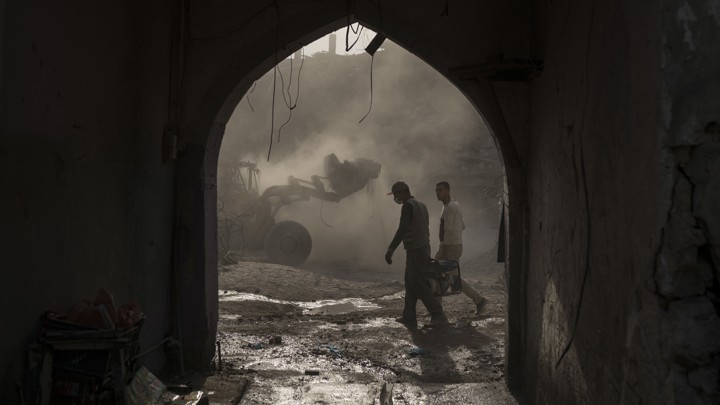All ISIS Has Left Is Money. Lots of It.

If you’re looking to transfer money here, there’s a chance you will be directed to Abu Shawkat. He works out of a small office in a working-class suburb of the Lebanese capital, but won’t give you its exact location. Instead, he’ll direct you to a nearby alleyway, and whether he shows up depends on whether he likes the look of you.
Abu Shawkat—not his real name—is part of the hawala system, which is often used to transfer cash between places where the banking system has broken down or is too expensive for some to access. If he agrees to do business, you’ll set a password and he will take your cash, then provide you with the contact information of a hawala broker in the city where your money is headed. Anyone who offers that specific password to that particular broker will get the funds. Thus, cash can travel across borders without any inquiry into who is sending or receiving it, or its purpose.
In the case of neighboring Syria, U.S.- and British-funded projects have sent millions of dollars into the country using the hawala system, humanitarian organizations use it to pay staff, and Syrians working abroad depend on it to get money to impoverished relatives.
No comments:
Post a Comment